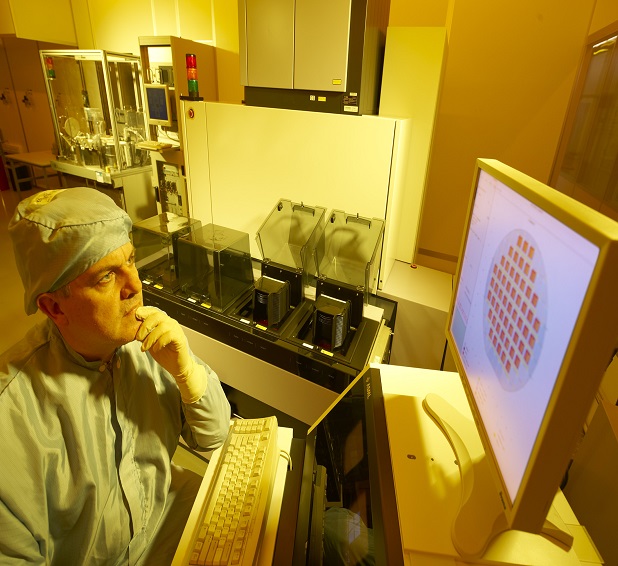Pilot line for microfabricated medical devices – an opportunity for SMEs
Numerous small companies and start-ups have innovative ideas for the new wave of microfabricated medical devices. Without appropriate support for production and development, these innovations may never reach commercialisation. The InForMed(opens in new window) project has set up an integrated pilot line to cover the complete innovation chain from concept to qualification to ensure system requirements have been met. “Significantly, the host for the pilot line is the large industrial end user Philips Electronics Nederland BV (the project coordinator),” states Ronald Dekker, principal scientist of the initiative. The initial concept for InForMed was boosted by the successful cooperation on intelligent catheters in the earlier INCITE project. Plugging the gaps in the pilot line To give an idea of the sheer scale of this project, there are 39 partners from 10 countries across Europe. This multidisciplinary mix from academia and manufacturing makes sure any gaps are filled in the intricate journey from concept to full-scale production. “The resulting ecosystem provides a niche where new medical devices can be seeded and nurtured to grow into new business opportunities for Europe,” states Dekker. This major shift in emphasis from the gargantuan machines such as scanners to smart microfabrication of devices like imaging catheters with the ‘eyes and ears’ of these massive pieces of expensive equipment will ensure safer, faster and cheaper diagnosis and treatment. Demonstrators show the potential for technological evolution There are six demonstrator products that cover traditional, emerging and entirely new market segments. Irish and Dutch project partners have developed a smart dressing that detects infection through acidity, humidity and temperature measurements. Many drugs affect the heart rhythm and can cause fatal arrhythmia. For the development of safe new drugs, InForMed has two new devices based on advanced electrophysiology. Partially replacing animal testing, they monitor the electrical activity of heart cells when subjected to new drugs. An organ-on-chip reproduces the physical in vivo environment and uses induced pluripotent human stem cells to mimic the human heart. The work in the project resulted in the start-up company BI/OND(opens in new window). A revolutionary new catheter has been developed for precise ablations to treat atrial fibrillation. It measures the depth of ablation with ultrasound and tracks the location using an optical fibre with a new technology named FORS(opens in new window). FORS technology will practically eliminate the need for harmful X-rays during minimal invasive surgery. Medical device innovation to catch up with other sectors using microelectronics “Compared to sectors such as mobile telephony or computing, the speed of innovation in medical devices is worryingly low,” says Dekker. By offering an ‘off-the-shelf’ experience for a microfabrication facility, InForMed compensates for high initial production overheads associated with biocompatible medical device innovation. “Success hinges on the complementary skills of project partners and their buy-in to the platform concept,” adds Dekker. “There has been much excellent medical device research in Europe, but little of it sees the marketplace. We want to change this,” he continues. Future rapid innovation for pilot line production InForMed ended in September 2018, but their work will be continued in the recently approved POSITION-II project. This will be jointly funded under the umbrella of the Electronic Components and Systems for European Leadership Joint Undertaking (ECSEL JU). The mission of the recently established Health.E lighthouse(opens in new window) under ECSEL is to accelerate innovation for medical devices. “Rapid technological advances in the semiconductor industry have been realised for decades,” says Dekker. “We want something similar for medical devices using the new platform-based ecology that brings a continuous and growing stream of innovative medical devices to markets and patients in Europe and worldwide.”







